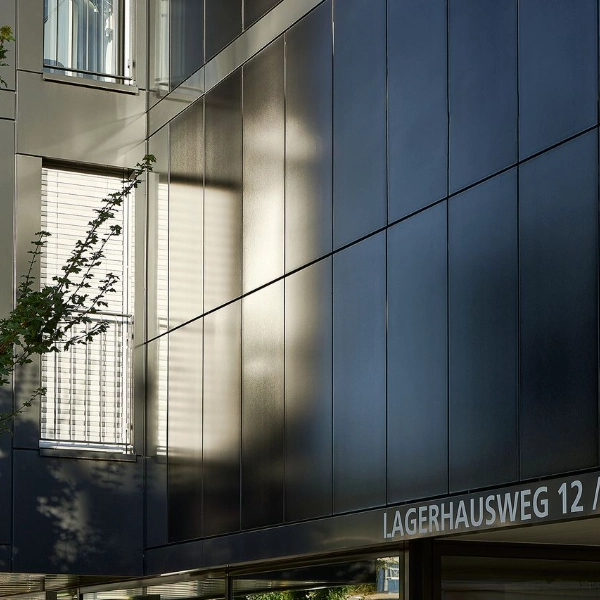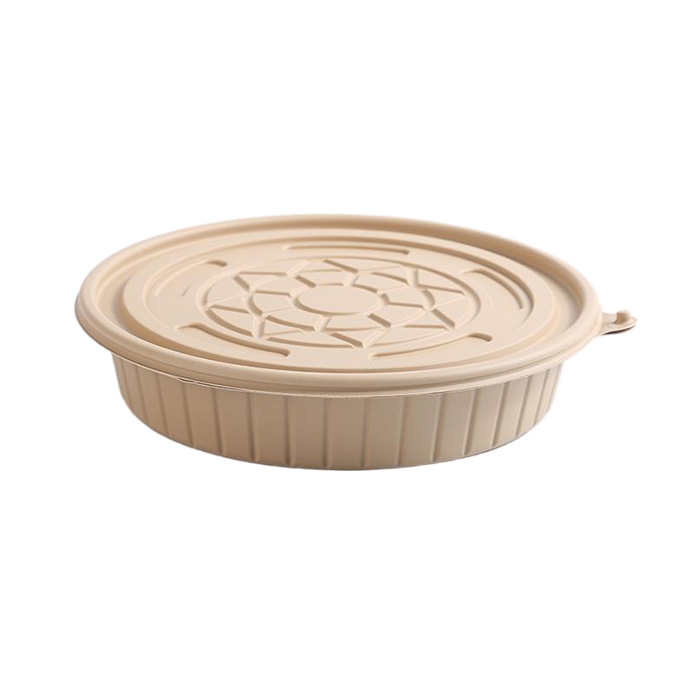Discovering the Future of Solar Modules: The Key Role of Medium Briquetting Technology

In the context of the global clean energy transformation, solar photovoltaic modules are an important part of it, and their technological development and progress are of great significance to the optimization of the global energy structure, environmental protection and sustainable development. In this process, Zenina Alloy Technology’s medium briquetting technology plays a key role in the manufacturing and application of solar modules with its unique advantages.

Technical progress and development trends of solar photovoltaic modules
With the advancement of science and technology, the manufacturing technology of solar photovoltaic modules is also constantly improving. Among them, the emergence of emerging technologies such as multi-contact photovoltaic technology, high-efficiency solar cells and flexible photovoltaic technology has injected new vitality into the development of solar photovoltaic modules.
Multi-contact photovoltaic technology improves the absorption and conversion efficiency of light by increasing the contact area of the cell, thereby improving the overall performance of the solar photovoltaic module. The development and application of high-efficiency solar cells have significantly improved the conversion efficiency of solar photovoltaic modules and further reduced the cost of photovoltaic power generation. Flexible photovoltaic technology breaks through the limitations of traditional silicon-based solar cells, allowing solar photovoltaic modules to adapt to various shapes and curved surfaces, providing a broader space for solar photovoltaic application fields.
However, although the development of these emerging technologies has brought improvements in the performance of solar photovoltaic modules and expanded application fields, an effective technology is still needed to ensure the stability and durability of the modules during their manufacturing process. This is the medium briquetting technology.
The key role of medium briquetting technology in solar module manufacturing
Medium briquetting technology is a fixation and packaging technology specifically used in the manufacturing process of solar photovoltaic modules. It closely combines the various parts of the solar photovoltaic module to form a stable and durable whole by precisely controlling pressure and temperature. This technology plays a vital role in the manufacturing process of solar photovoltaic modules.
First, medium briquetting technology can ensure the stability of solar photovoltaic modules. During the component manufacturing process, due to the influence of various factors, such as temperature, humidity, etc., various parts of the component may become loose or deformed. The medium briquetting technology can tightly combine various parts of the component through precise pressure and temperature control, thus ensuring the stability of the component.
Secondly, medium briquetting technology can also improve the durability of solar photovoltaic modules. Since solar photovoltaic modules are often required to operate in outdoor environments for extended periods of time, their durability is particularly important. Medium briquetting technology can effectively prevent moisture, dust and other external factors from eroding the interior of the component by optimizing packaging materials and processes, thereby improving the durability of the component.
In addition, medium briquetting technology also has the advantages of easy operation and high efficiency. In the manufacturing process of solar photovoltaic modules, medium briquetting technology can realize automated operations and greatly improve production efficiency. At the same time, due to its easy operation, it also reduces production costs, further promoting the popularity and application of solar photovoltaic modules.
Future development and challenges of medium briquetting technology
With the continuous advancement of solar photovoltaic module technology and the expansion of application fields, medium briquetting technology is also facing new challenges and development opportunities.
On the one hand, with the emergence and application of new solar photovoltaic materials, medium briquetting technology needs to be continuously updated and optimized to adapt to the characteristics and needs of new materials. At the same time, with the development of flexible photovoltaic technology, medium briquetting technology also needs to adapt to the packaging requirements of various shapes and curved surfaces to improve its adaptability and stability in complex environments.
On the other hand, as the global clean energy transformation accelerates, the market demand for solar photovoltaic modules is also increasing. This provides a broad market space and development opportunities for the development of medium briquetting technology. However, it should also be noted that the intensifying market competition and increasing cost pressure have also put forward higher requirements for medium briquetting technology.
Conclusion: medium briquetting technology drives the future of solar modules
Overall, Zenina Alloy Technology’s medium briquetting technology plays a key role in the manufacturing and application of solar photovoltaic modules. It ensures the stability and durability of components, improves production efficiency, reduces production costs, and provides strong technical support for the popularization and application of solar photovoltaic components. With the continuous advancement of technology and the increasing market demand, we have reason to believe that medium briquetting technology will play a more important role in the development of solar photovoltaic modules in the future, promote the further development of solar photovoltaic technology, and contribute to the global clean energy transformation. and make greater contributions to sustainable development.
Zenina
wxam.assistant@marketingforce.com





